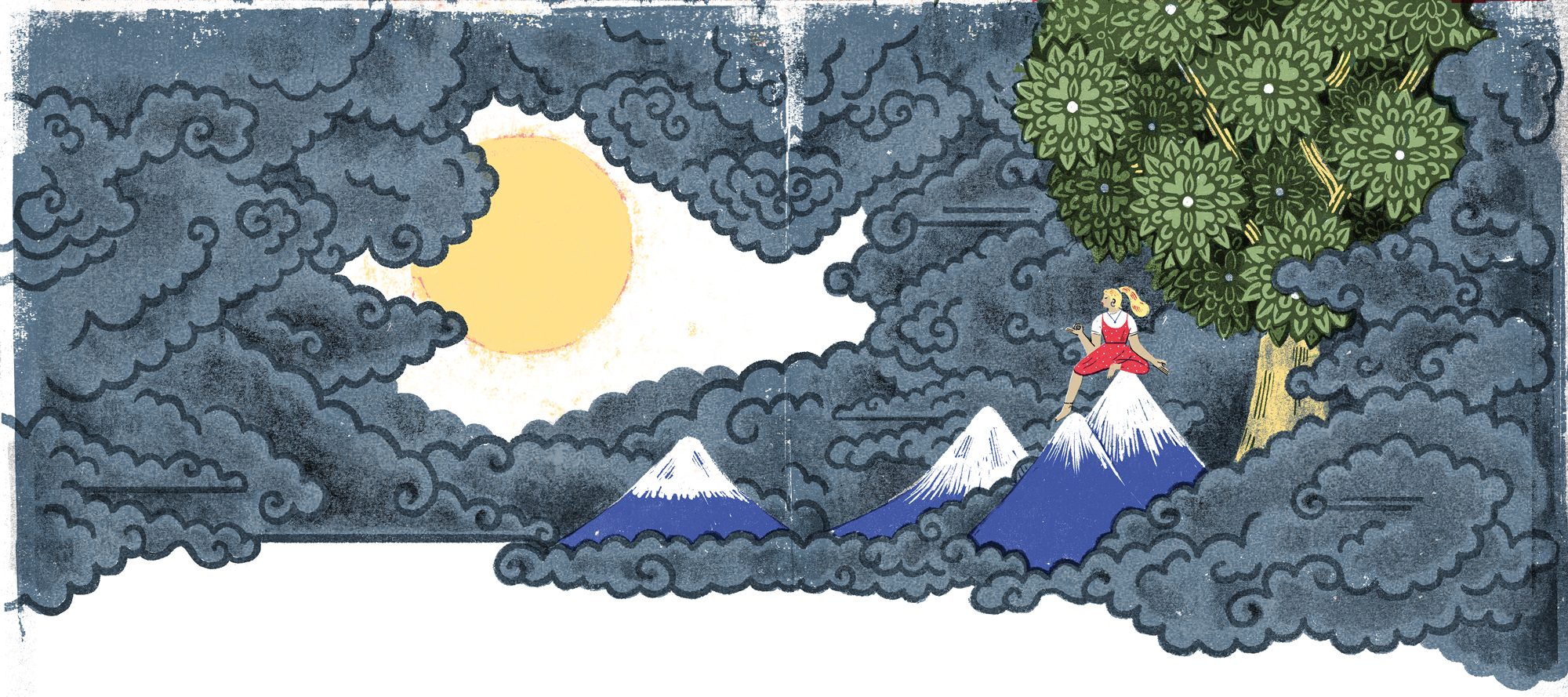With each passing day, the world presents us with a steady stream of selfishness. In politics and in the news; in our workplaces, neighborhoods, and even our own minds—a dog-eat dog attitude permeates our society at a deep level. It can feel natural, or even innate. But the amount of suffering that it creates is disturbing, and from a Buddhist point of view, unnecessary.
Bodhicitta, the wish to awaken for the sake of all beings, turns this “me first” sensibility on its head. Translated variously from Sanskrit as the “thought of enlightenment” or “awakening mind,” this core tenet of the Mahayana Buddhist tradition inspires us to give up leading a life driven by egoic concerns. Instead, a person who adopts the mindset of bodhicitta seeks to eliminate suffering for themselves by turning toward the suffering of others.
The sudden lightning glares and all is clearly shown,
Likewise rarely, through the Buddhas’ power,
Virtuous thoughts rise, brief and transient, in the world.
Virtue, thus, is weak; and always
Evil is of great and overwhelming strength.
Except for perfect bodhichitta,
What other virtue is there that can lay it low?
A fundamental concept in the Chinese, Korean, Japanese, Vietnamese, and Tibetan Buddhist traditions, the arousing of bodhicitta often marks the beginning of the bodhisattva path. Described in such Mahayana Buddhist texts as The Diamond Sutra, Gampopa’s Jewel Ornament of Realization, and The Flower Ornament Sutra, bodhicitta is perhaps most closely associated with Shantideva’s 8th-century work The Way of the Bodhisattva [Skt., Bodhicaryavatara].
In the special section that follows, practitioners and teachers from several Mahayana traditions take a close look at bodhicitta, explicating both its role in the Buddhist tradition and its intended results. What it promises is nothing less than extraordinary: by awakening bodhicitta, we can overturn the selfishness that rules so much of our lives, reorienting ourselves to find a home in profound generosity of spirit.
Special Section
“Bodhicitta Explained” by Ken McLeod
“Bodhicitta’s Ripple Effect” by Frances Dojun Cook
“Nurturing the Intelligent Heart” by Elizabeth Mattis Namgyel
“The Power of Intention” by Guo Jun
“Boundaries Make Good Bodhisattvas” by Pilar Jennings
Thank you for subscribing to Tricycle! As a nonprofit, we depend on readers like you to keep Buddhist teachings and practices widely available.
